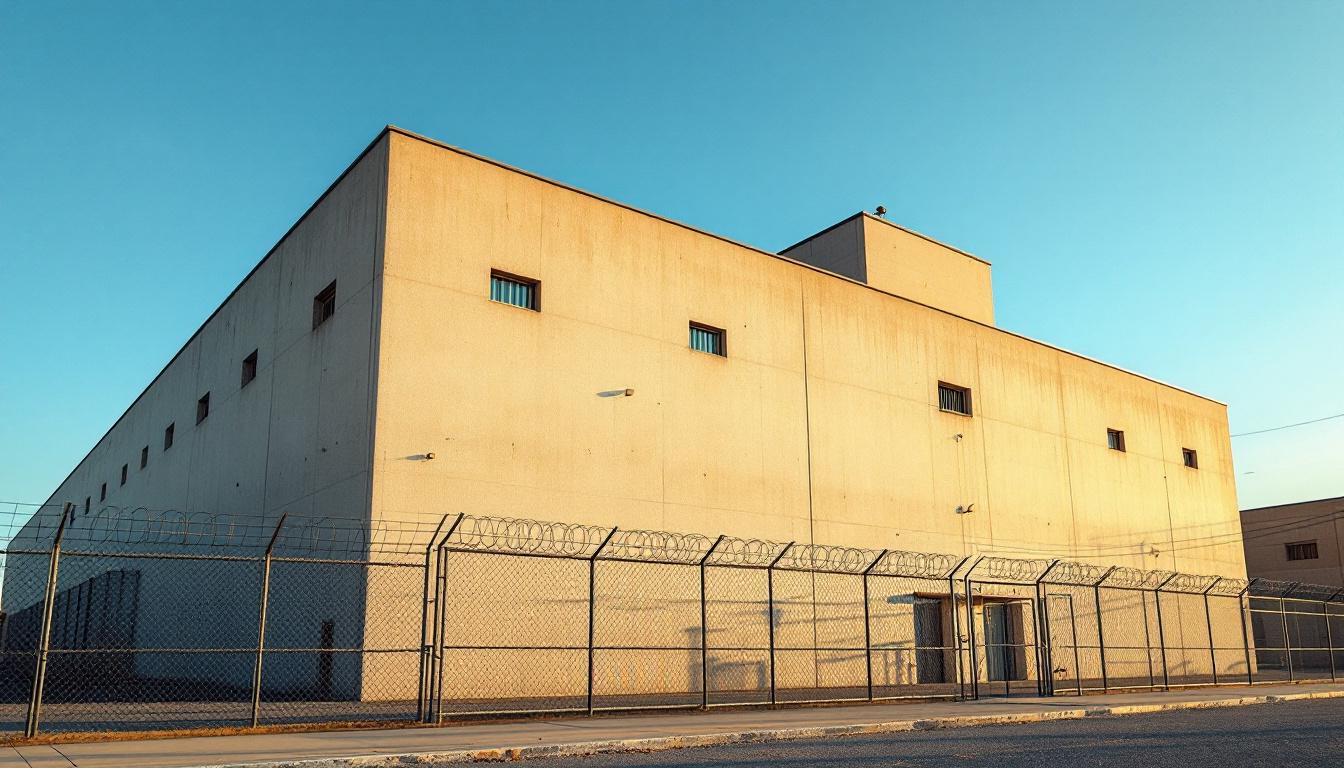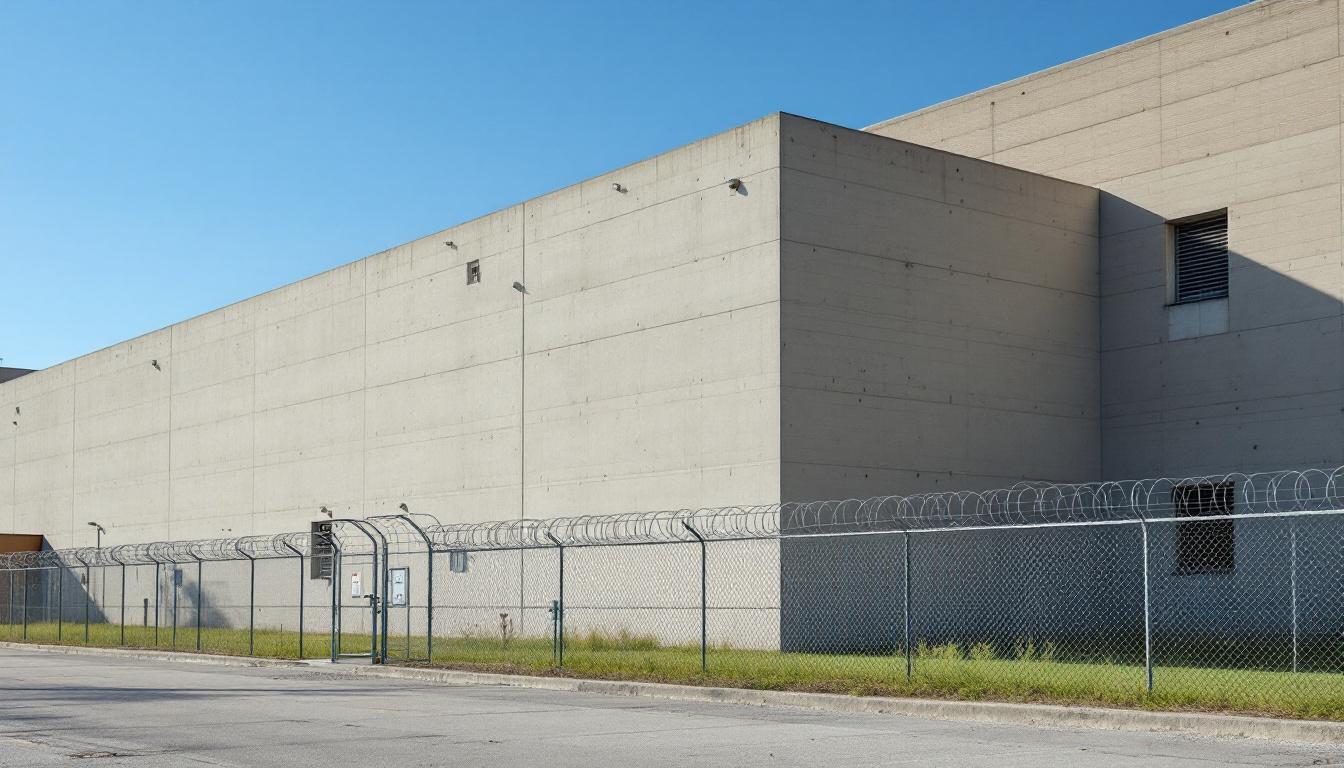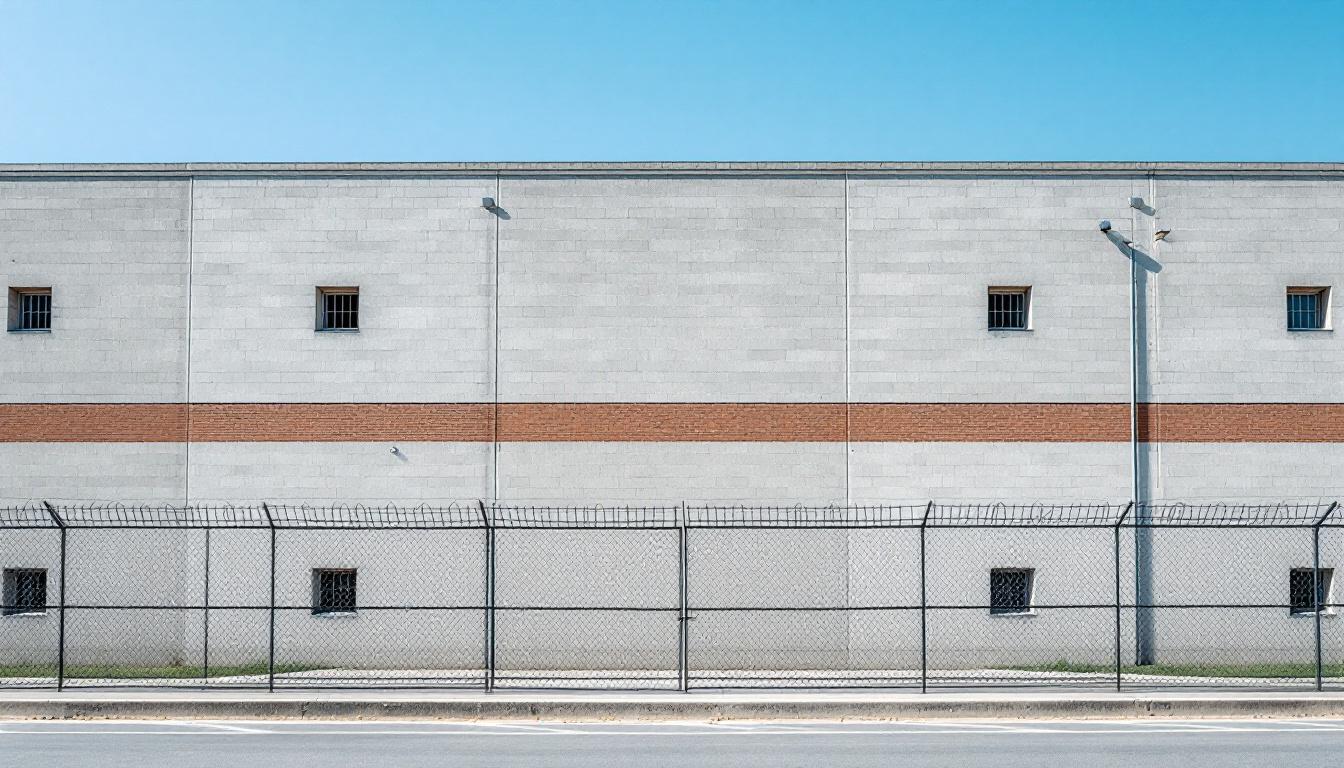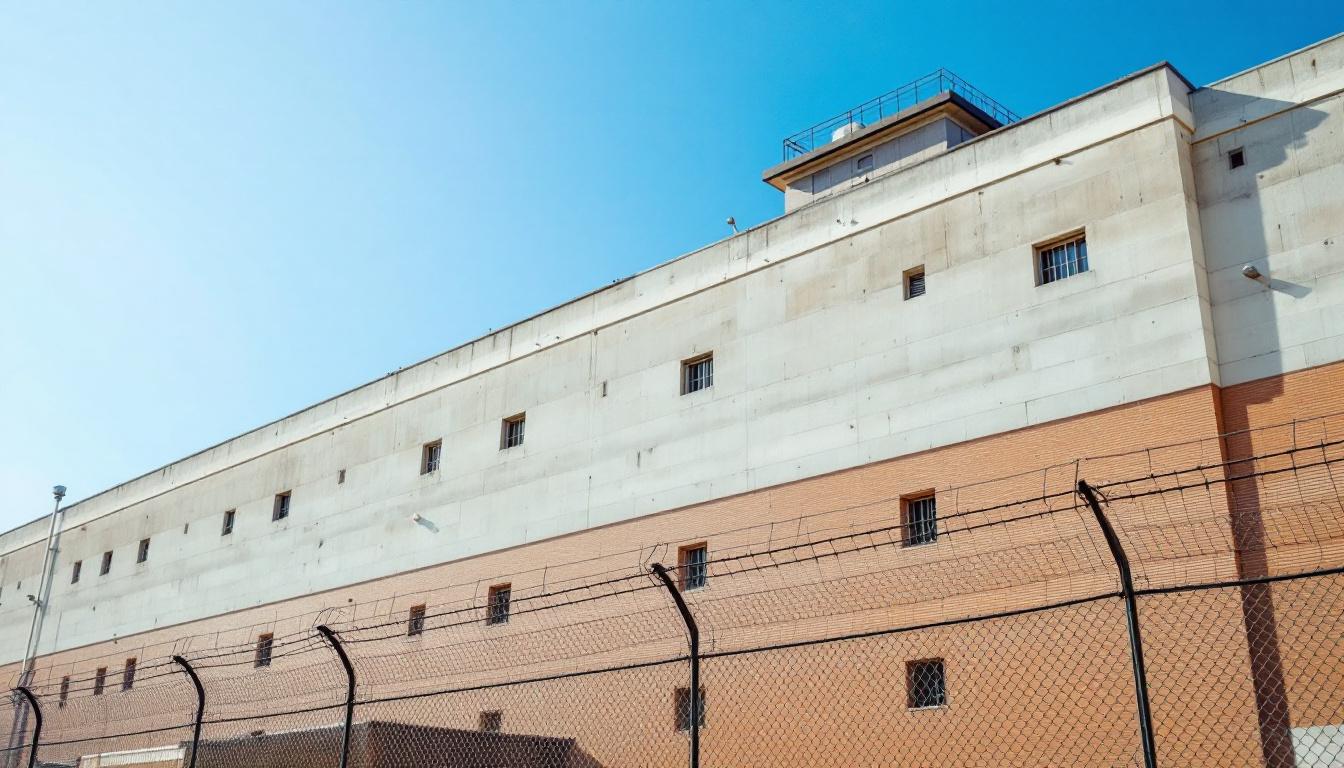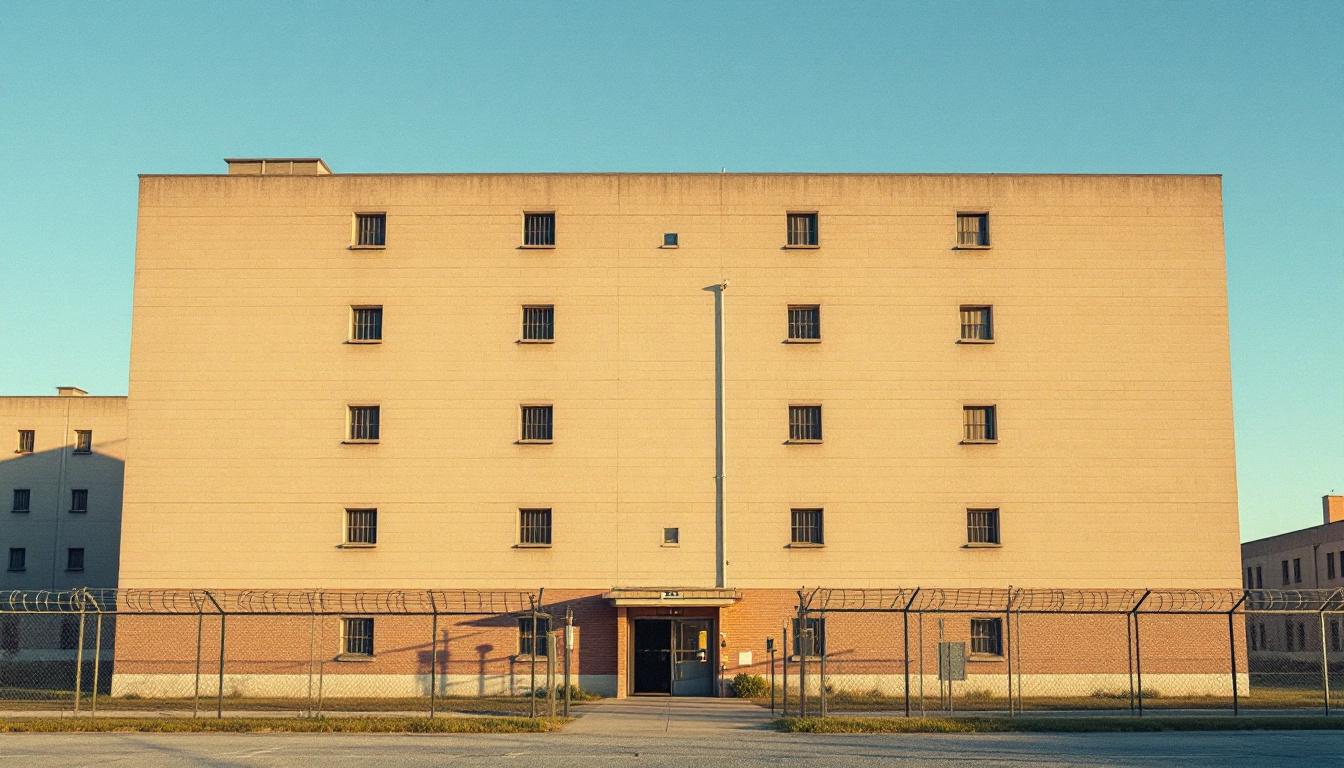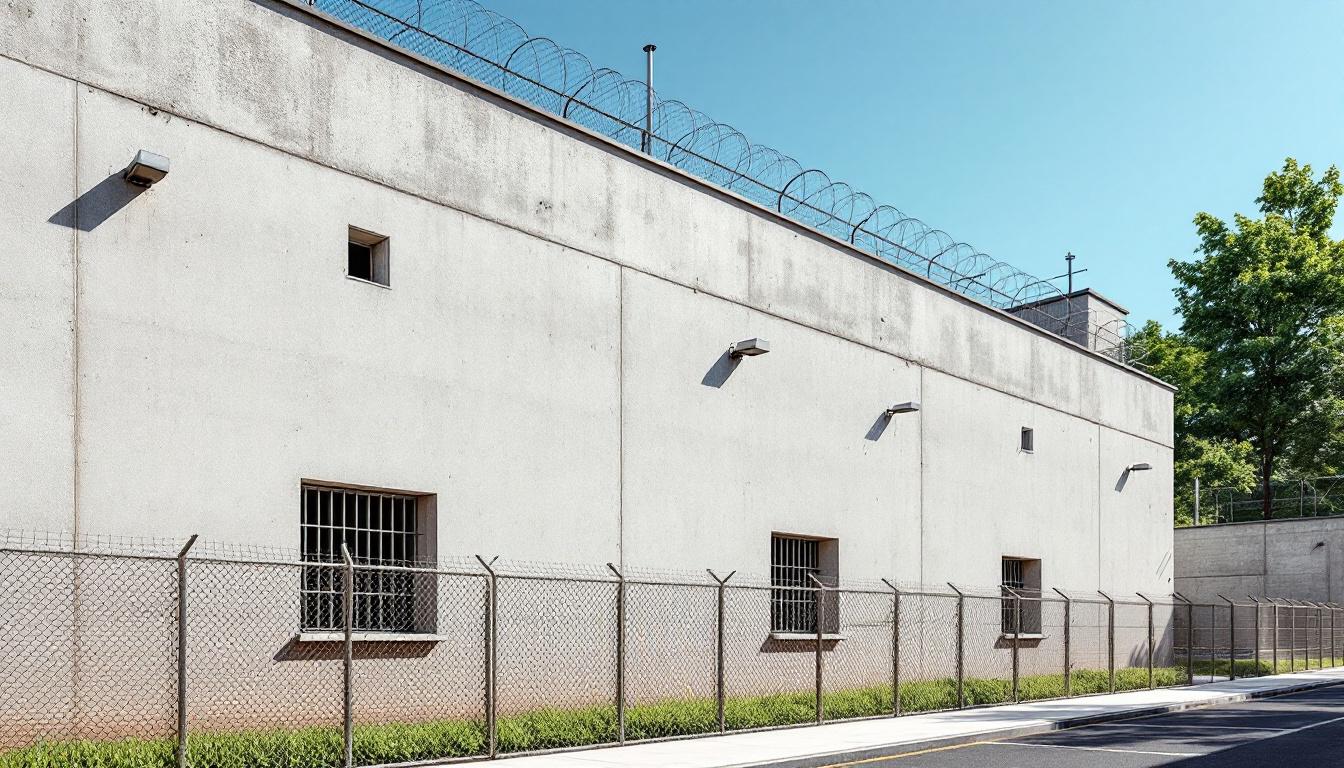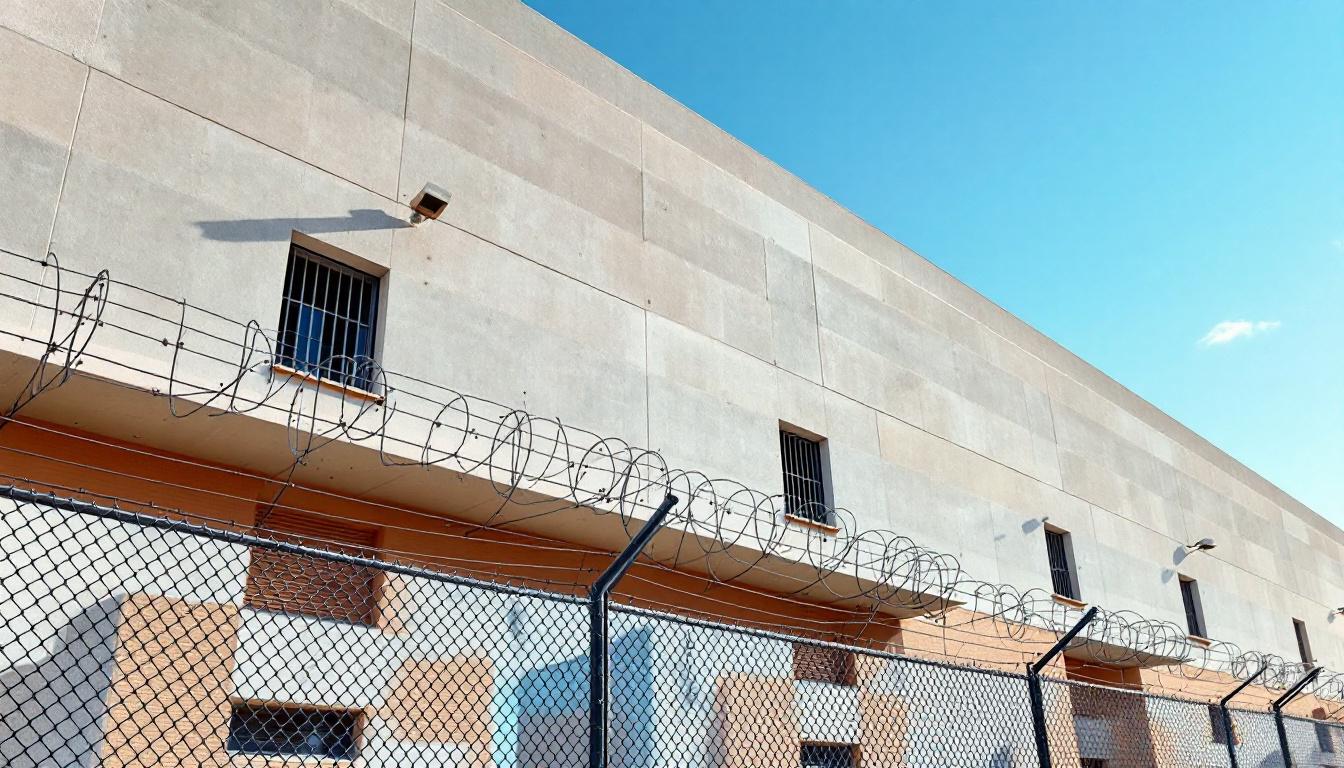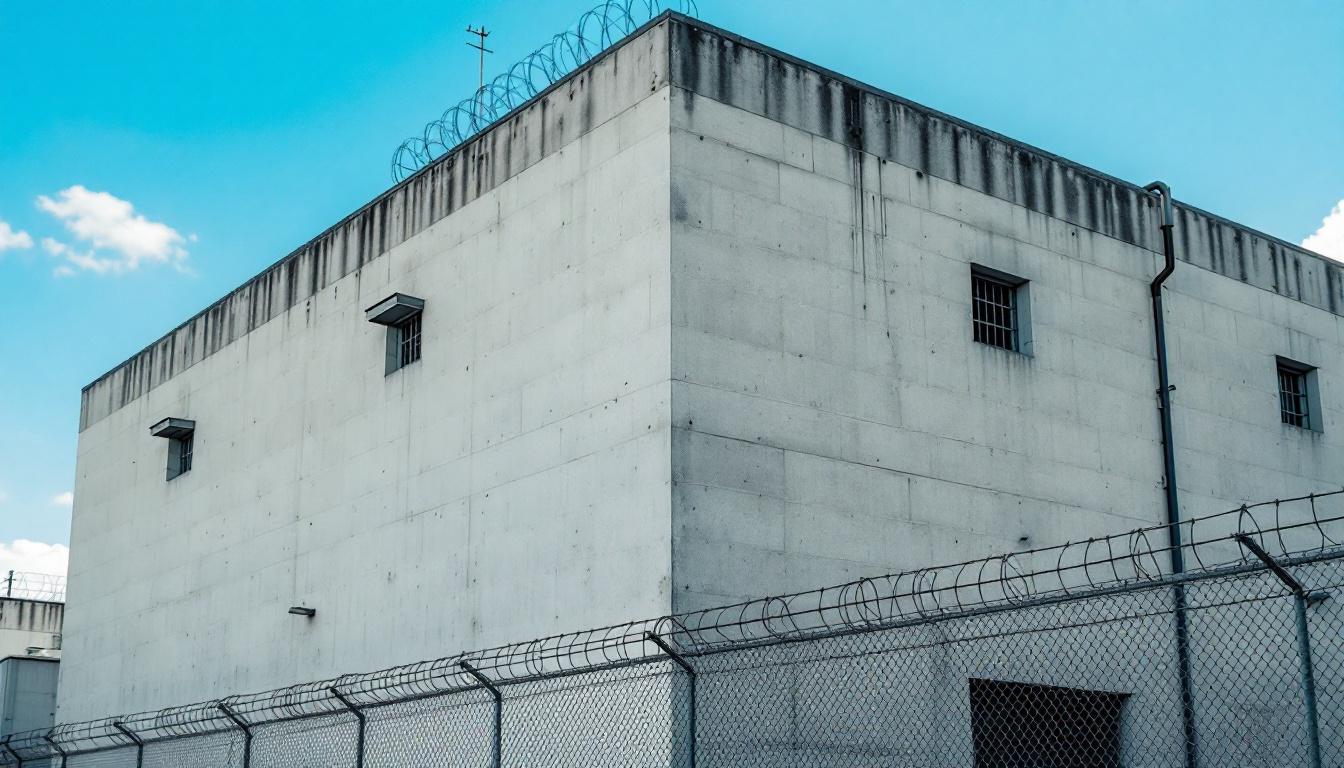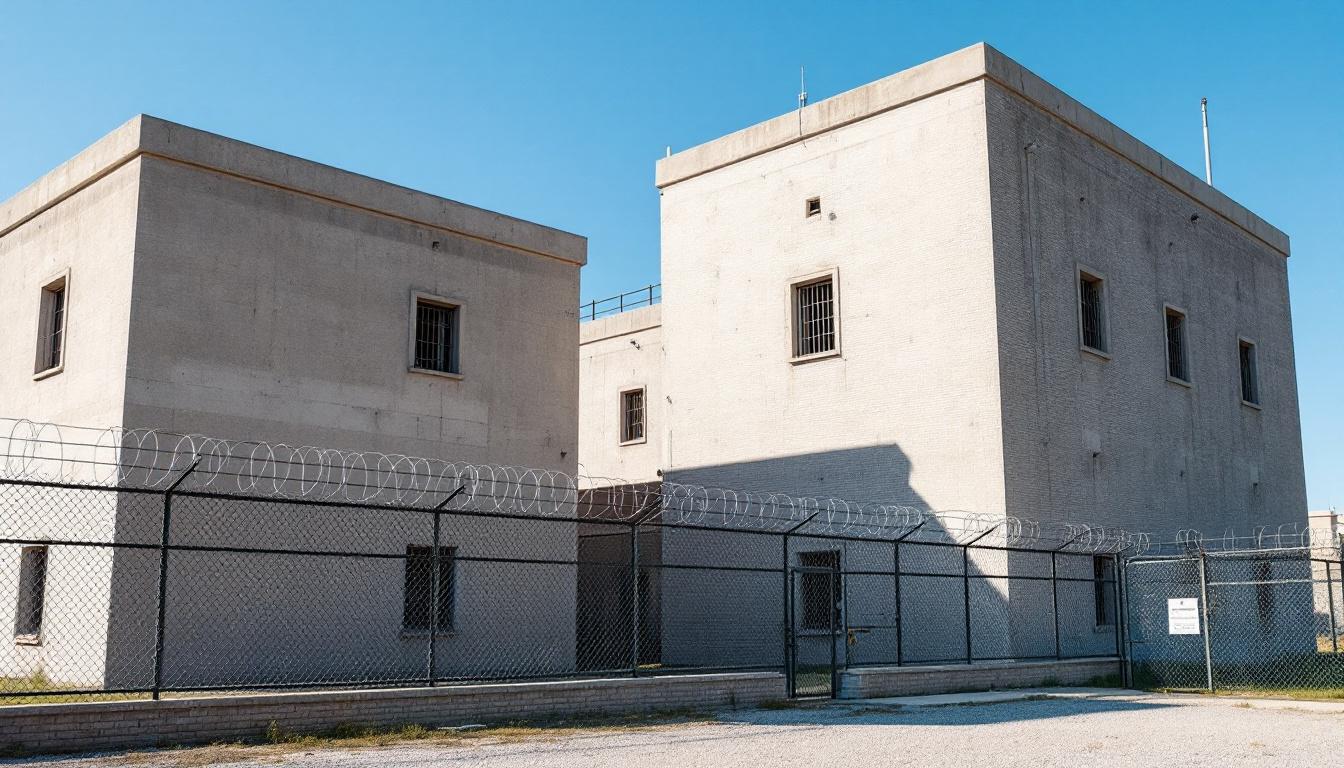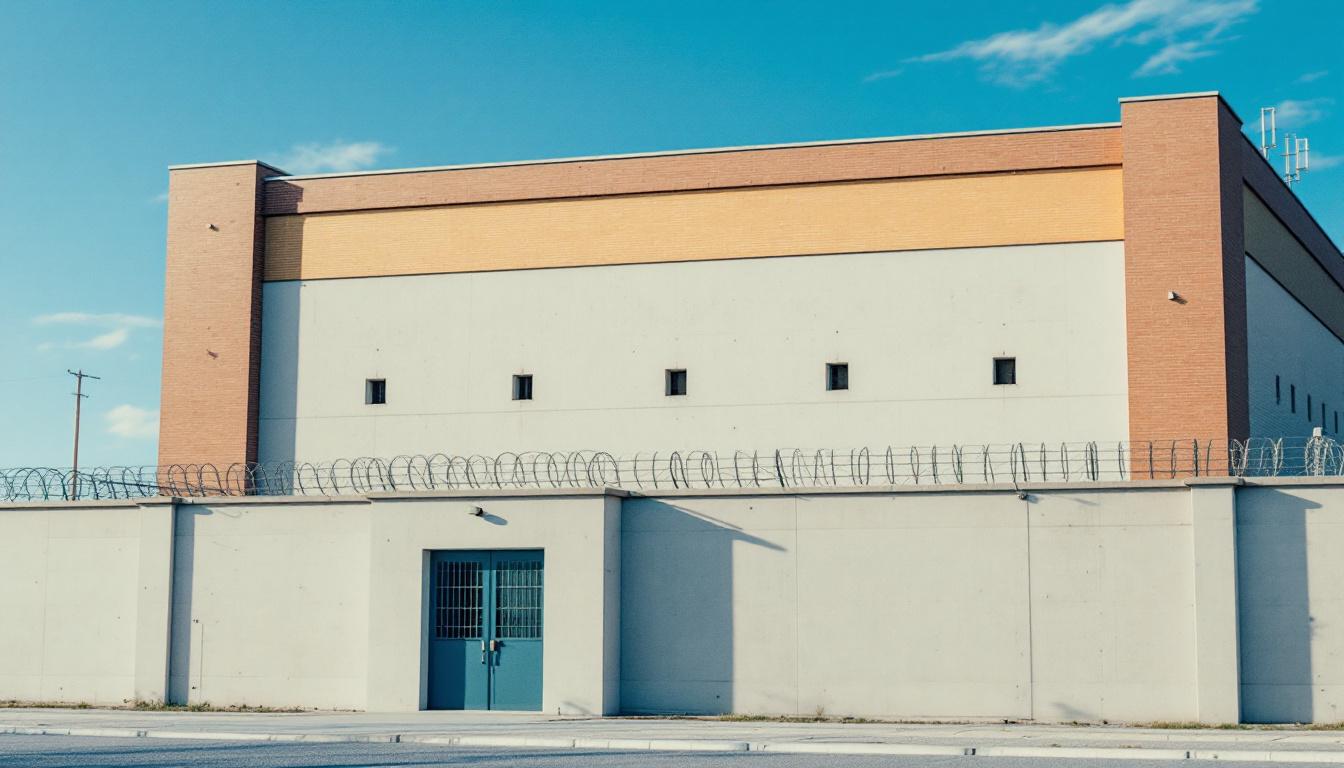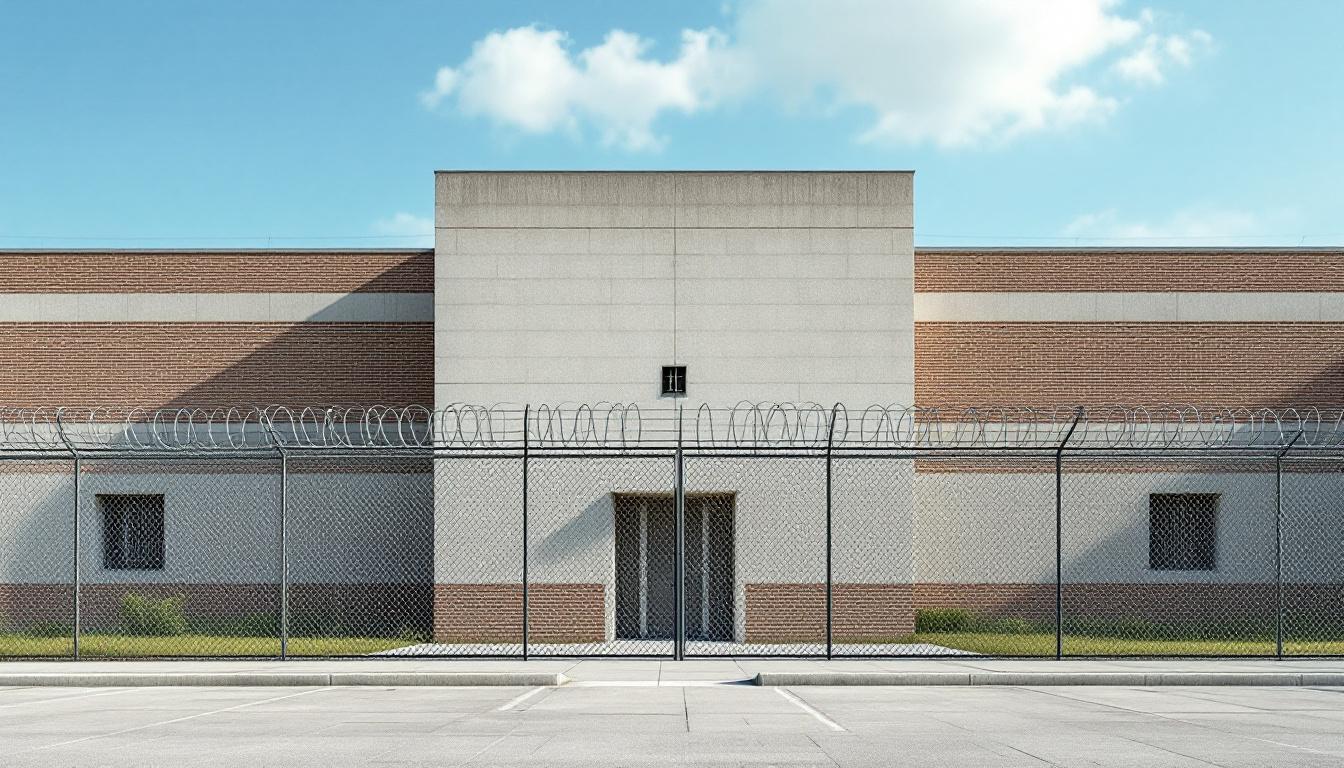
Quick Navigation
How to contact an inmate at Pioche Conservation Camp
This comprehensive guide will walk you through how to connect with an inmate at Pioche Conservation Camp. Follow the steps below to find an inmate and send letters and photos:
- Search for the inmate using our search tool below
- Create your account or log in to Penmate
- Write your message (up to 6,000 characters)
- Send instantly - inmates receive printed copies daily
Find an Inmate
Search for an inmate to start communicating today
Tip: You can search by first name, last name, or inmate ID number
To contact a person at Pioche Conservation Camp start by searching for the person on the official facility website. Perform a search by following these steps:
- Step 1: Enter their first name and last name into the search form and click "Search"
- Step 2: Locate their inmate record
- Step 3: Write down their Inmate ID and any housing information provided
Important! Be sure to enter the person's full name. Nicknames should not be used.
How to Send Messages to Inmates

You can use your phone or computer to send emails, letters, and photos to an inmate. Messages are sent electronically to inmate tablets or kiosks at the facility. If you would like to send a message, start by searching for an inmate at Pioche Conservation Camp.
Sending Photos and Postcards

A great way to send love and support to a loved one at Pioche Conservation Camp is to send photos and postcards. It only takes a few minutes to send photos from your phone and it makes a huge difference. You can also mail postcards with words of support and inspiration, or design your own postcard for special moments like birthdays and holidays.
Important! Be sure not to send any explicit photos or they may not be approved by the facility. You can also use a photo printing app like Penmate to make sure your photos are printed at the correct size (4x6 or 3x5) and are mailed according to the rules and regulations of Pioche Conservation Camp.
Frequently asked questions about Pioche Conservation Camp
-
How long does it take to deliver a message?
If you're sending an email message your letter is usually delivered within 24-48 hours. For messages sent via mail you should expect delivery within 3-7 days. All messages will need be approved by Pioche Conservation Camp.
-
How much does it cost to send a message to Pioche Conservation Camp?
You can send a message free using your phone or mail a message via USPS for the price of a $0.60 stamp and envelope. You can also purchase credits or e-stamps from services starting at $1.99.
-
What services can I use to contact an inmate at Pioche Conservation Camp?
Penmate
You can use Penmate to send letters and photos to an inmate from your phone. It's an easy way to stay in touch during your loved one's incarceration. Use the inmate locator to find an inmate's location and contact information, then you can send messages within a few minutes.
Securus messaging
Securus may be another option for communicating with an inmate at Pioche Conservation Camp. You can create a friends and family account and purchase credits to send messages. All messages will be reviewed and must be approved by the facility.
JPay
Some county jails and state prisons may support sending messages with JPay. You must register an account with the system, find your loved one, and purchase stamps to send messages. For some locations you can also attach photos.
Smart Jail Mail
You may also check if Smart Jail Mail is available at Pioche Conservation Camp. Smart Jail Mail is operated by Smart Communications and has contracted with some state and county jails. After purchasing credits, your messages and photos are sent to the facility, printed out, and then handed out to your loved one.
-
What is the mailing address of Pioche Conservation Camp?
Mailing address:
Pioche Conservation Camp
1 Hard Times Road
Pioche, NV 89043
Phone: (775) 962-5125 -
What are the visiting hours at Pioche Conservation Camp?
Visiting hours at Pioche Conservation Camp vary by housing unit and security level. Generally, visits are scheduled on weekends and holidays, with some facilities offering weekday visits. Contact the facility directly at (775) 962-5125 or check their website for the current visiting schedule. Visits typically last 30-60 minutes and must be scheduled in advance.
-
What items are prohibited when sending mail to Pioche Conservation Camp?
Prohibited items typically include: cash, personal checks, stamps, stickers, glitter, glue, tape, staples, paperclips, polaroid photos, musical or blank greeting cards, hardcover books, magazines with staples, and any items containing metal or electronics. Only send letters on plain white paper with blue or black ink. Photos must be printed on regular photo paper (no Polaroids). Always check with Pioche Conservation Camp for their specific mail policies.
-
How do I send money to an inmate at Pioche Conservation Camp?
You can send money to an inmate at Pioche Conservation Camp through several methods: 1) Online using JPay, Access Corrections, or the facility's approved vendor, 2) Money orders mailed directly to the facility with the inmate's name and ID number, 3) Kiosks located in the facility lobby, or 4) Over the phone using a credit or debit card. Fees vary by method, typically ranging from $2.95 to $11.95 per transaction.
-
Can I schedule a video visit with an inmate at Pioche Conservation Camp?
Many facilities now offer video visitation as an alternative to in-person visits. At Pioche Conservation Camp, video visits may be available through services like Penmate, Securus Video Connect, GTL, or ICSolutions. Video visits typically cost $10-20 for 20-30 minutes and must be scheduled in advance. You'll need a computer or smartphone with a camera and reliable internet connection. Contact the facility for their specific video visitation policies and approved vendors.
-
What identification do I need to visit an inmate at Pioche Conservation Camp?
All visitors must present valid government-issued photo identification such as a driver's license, state ID, passport, or military ID. Minors must be accompanied by a parent or legal guardian who can provide the minor's birth certificate. Some facilities require visitors to be on the inmate's approved visitation list, which may require a background check. Contact Pioche Conservation Camp for specific ID requirements and visitor approval procedures.
-
How can I find out an inmate's release date?
To find an inmate's release date at Pioche Conservation Camp, you can: 1) Use the online inmate search tool if available, 2) Call the facility's records department, 3) Contact the inmate's case manager or counselor, or 4) Have the inmate provide this information during a call or visit. For privacy reasons, some facilities only release this information to immediate family members.
Facility Overview
Contact Information
Pioche Conservation Camp1 Hard Times Road
Pioche, NV 89043
Phone: (775) 962-5125
Official Website

About Pioche Conservation Camp
Through comprehensive work programs and community-focused initiatives, Pioche Conservation Camp, NV creates pathways for meaningful change while maintaining the security standards essential to effective corrections. This NV correctional facility emphasizes practical skill development and environmental stewardship, offering individuals services that prepare them for successful reintegration into their communities.
Nestled in Nevada’s mountainous terrain near the historic town of Pioche, this correctional facility typically operates with a focus on conservation work and outdoor projects that benefit both participants and the surrounding region. The mountain environment provides a comprehensive backdrop for rehabilitation efforts, where individuals may engage in forest management, trail maintenance, and other conservation activities that build valuable work experience. These programs generally combine structured supervision with opportunities to develop responsibility and teamwork skills essential for post-release success.
The facility’s approach to rehabilitation often includes educational components and vocational training designed to address the diverse needs of its population. Through partnerships with state agencies and community organizations, participants may access programs that support personal growth and prepare them for employment opportunities upon release. This commitment to security and rehabilitation reflects Nevada’s broader correctional philosophy, emphasizing both public safety and the importance of providing individuals with tools for positive change in their lives.
Programs & Services
A comprehensive approach to personal development guides the opportunities available to individuals at Pioche Conservation Camp. The facility typically emphasizes building practical skills alongside addressing underlying challenges that may have contributed to past difficulties. This multi-faceted programming philosophy recognizes that meaningful change often requires addressing various aspects of an individual’s life simultaneously.
Educational and vocational opportunities form a cornerstone of the comprehensive programming available. Individuals may participate in education services designed to help them complete basic educational requirements or advance their academic skills. Financial literacy courses often provide practical knowledge about budgeting, banking, and money management that proves valuable upon release. Additionally, vocational programs may include specialized training in areas such as printing, offering hands-on experience with equipment and techniques that can translate into employment opportunities.
Support services and therapeutic opportunities round out the comprehensive programming structure. Substance abuse treatment typically addresses addiction issues through evidence-based approaches, while cognitive behavioral therapy may help individuals develop healthier thought patterns and coping strategies. Parenting classes often provide essential skills for maintaining family relationships and responsibilities. These therapeutic and support opportunities work together to address personal challenges while building the foundation for successful community reintegration.
Daily Life & Visitation
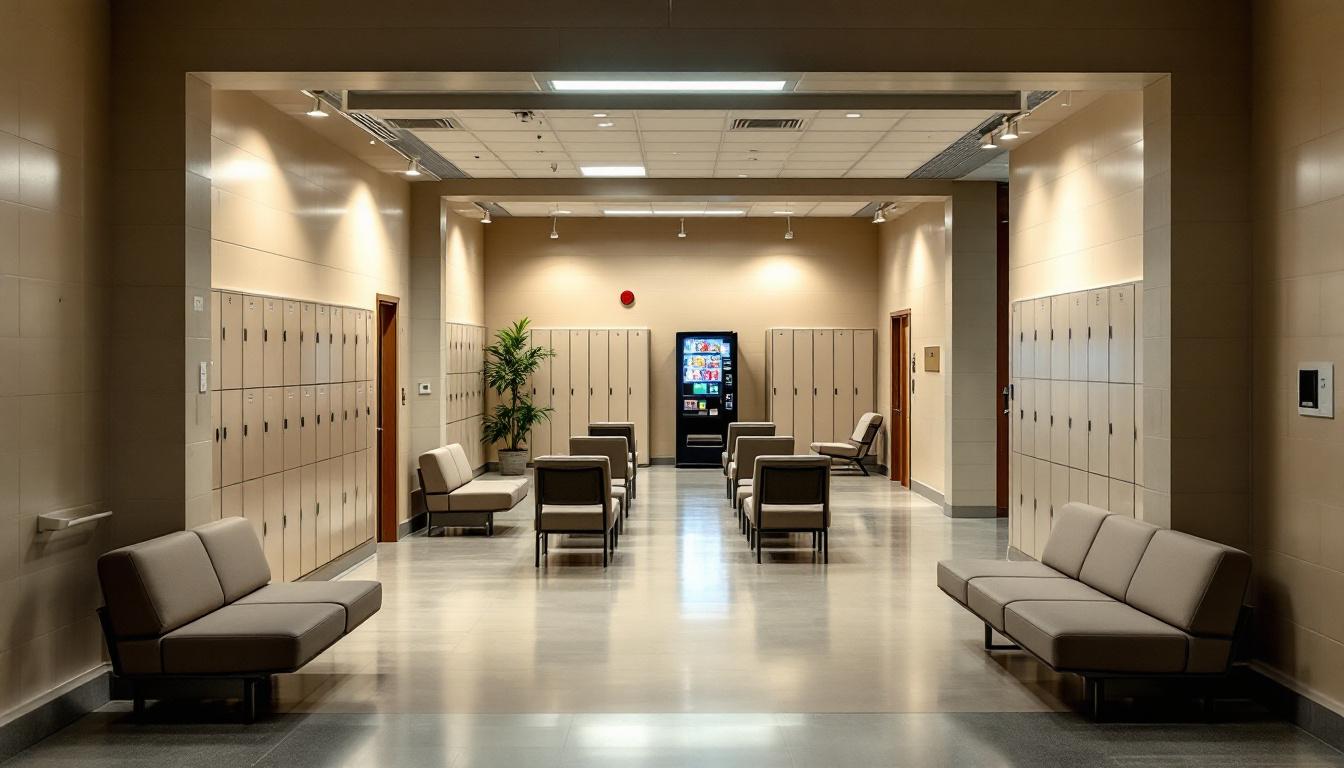
The sound of morning work assignments typically begins each day for individuals at Pioche Conservation Camp, as outdoor conservation projects form the backbone of daily activities. Today’s routine generally follows a structured schedule that includes work details, meals, and programming opportunities. Individuals consistently participate in conservation work that may involve forest maintenance, fire prevention activities, or environmental restoration projects. The facility typically operates on a schedule that balances work responsibilities with educational programming and personal time.
Living accommodations at the facility generally consist of dormitory-style housing units that house multiple individuals. These housing areas typically include basic amenities and personal storage space for approved belongings. Additionally, individuals may access commissary services to purchase personal items and snacks within established guidelines. While the living environment maintains security protocols appropriate for a conservation camp setting, the atmosphere often emphasizes the outdoor work mission that defines daily operations.
Programs and activities offer individuals opportunities for skill development and personal growth beyond their work assignments. Educational programming may include vocational training, literacy courses, or life skills development that supports successful reintegration. Additionally, the facility typically provides recreation opportunities that may include outdoor activities, fitness programs, and organized sports when scheduling permits. While visitation policies generally allow for family contact through scheduled visits and phone calls, specific arrangements usually follow established security procedures and facility guidelines that support maintaining family connections during incarceration.
Ready to Connect?
Start communicating with your loved one today
Search for an Inmate
